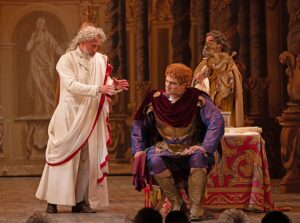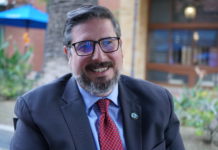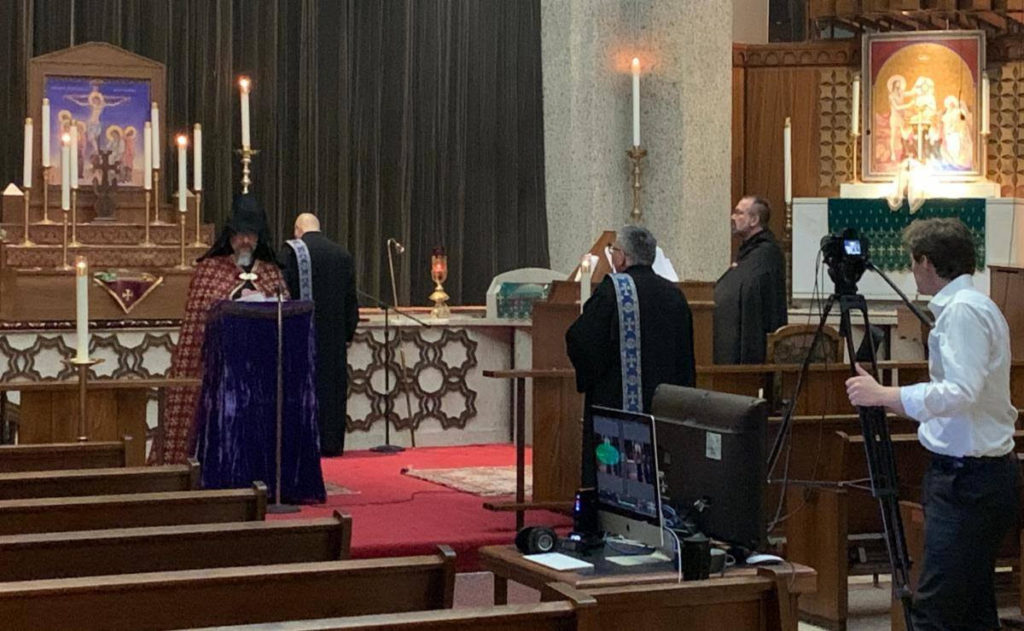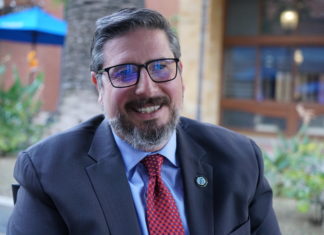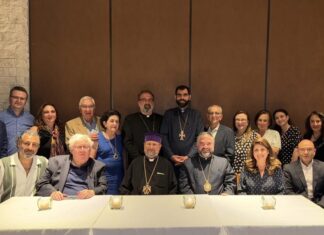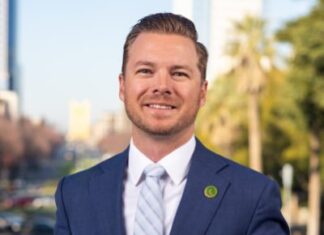By Harry A. Kezelian III
Special to the Mirror-Spectator
DETROIT — The Metro Detroit Armenian community, like the rest of the world, has been dealing with the effects of the Covid-19 pandemic for the past month and a half. With a community of some 40,000 Armenians amongst a population of around 4 million inhabitants, Michigan, and in particular the Detroit area, has been hit hard by the pandemic. There have been 37,203 confirmed cases of Covid-19 throughout the state as of Saturday, May 25, and the state and its governor, Gretchen Whitmer, has been making it into the national news.
Fortunately, the Armenian community of Metro Detroit, by taking stringent measures early on, has remained mostly safe from the virus, and few cases or deaths have been reported.
One of the most vulnerable populations in terms of the current pandemic has been the elderly and particularly the residents of nursing homes and assisted living centers. The Manoogian Manor, also known as the Michigan Home for the Armenian Aged, is home to 70 residents, Armenian and non-Armenian, at their center in the Detroit suburb of Livonia. Christine Derdarian, Esq., executive director of the Manor, said she was “very much aware that our residents would be at elevated risk…and we were determined from the onset to do everything in our power to protect residents and staff.”
The Manor had one resident who contracted the virus 6 weeks ago, but there has not been another case. Aggressive protocols have been instituted for staff and residents, which have succeeded.
